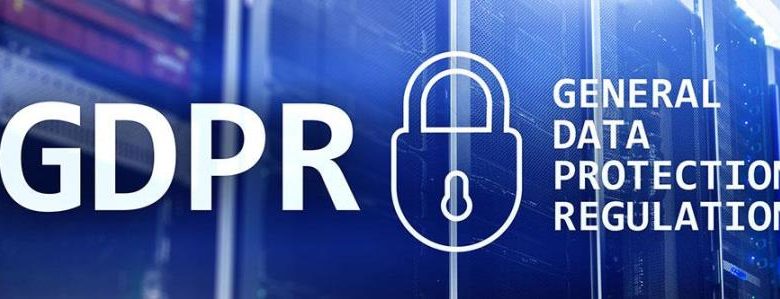Nano (NANO) and Privacy Regulations: Complying with Data Protection Laws

Nano (NANO) and Privacy Regulations: Complying with Data Protection Laws
Introduction
What is Nano (NANO)?
Nano (NANO) is a cryptocurrency that aims to provide efficient and instant digital transactions with zero fees. Its unique architecture, known as the block-lattice, allows for fast transaction confirmation without the need for centralization.
Why is Privacy Important in Cryptocurrency Transactions?
In the realm of cryptocurrencies, privacy is of paramount importance. It ensures that sensitive transaction details and user identities remain confidential, protecting individuals from potential scams, identity theft, and other malicious activities. Privacy regulations, like data protection laws, play a vital role in maintaining a secure and transparent cryptocurrency ecosystem.
How Nano (NANO) Complies with Data Protection Laws
1. Immutable Ledger
Nano utilizes a decentralized and immutable ledger, ensuring that once a transaction is confirmed, it cannot be altered. This feature aligns with data protection laws, ensuring the integrity and accuracy of financial records, which may be subject to regulatory audits.
2. Pseudonymity
Nano transactions offer pseudonymity, ensuring that user identities are protected by assigning unique account identifiers instead of personal information. This provides an extra layer of privacy, as transactions cannot be directly linked to individuals, unless they voluntarily disclose their identities.
3. Encryption and Security Measures
Nano employs advanced encryption techniques to secure transactions and protect sensitive user information. By incorporating encryption and implementing robust security measures, Nano ensures that personal data shared within the ecosystem remains secure and private.
4. Compliance with KYC/AML Regulations
To comply with data protection laws, Nano exchanges often implement Know Your Customer (KYC) and Anti-Money Laundering (AML) procedures. These measures require users to verify their identities and provide additional personal information, strengthening the security and compliance frameworks.
Frequently Asked Questions (FAQs)
1. Are Nano transactions completely anonymous?
No, Nano transactions are not completely anonymous. While Nano provides pseudonymity, transactions can still be traced through the public ledger known as the block-lattice. However, personal identities are not directly associated with these transactions unless voluntarily disclosed.
2. Does Nano comply with GDPR?
Nano, as a decentralized cryptocurrency, doesn’t store personal user data on a centralized server. As a result, it may not directly fall under the scope of the General Data Protection Regulation (GDPR). However, exchanges or platforms that support Nano may need to comply with GDPR if they collect and store personal data of their users.
3. Can Nano transactions be reversed?
No, once a Nano transaction is confirmed and added to the ledger, it becomes immutable and cannot be reversed. This feature enhances transaction security and minimizes the risk of fraudulent activities.
Conclusion
Nano (NANO) offers a secure cryptocurrency ecosystem that prioritizes user privacy and complies with data protection laws. By leveraging its decentralized and immutable ledger, pseudonymity, and robust security measures, Nano ensures that user information remains confidential. Nevertheless, it is important for exchanges and platforms to implement additional measures to comply with data protection regulations and safeguard the privacy of their users.
By providing a transparent and compliant cryptocurrency solution, Nano reinforces trust and confidence within the global financial landscape.
Remember, while Nano prioritizes privacy, it is always essential to stay vigilant, practice good security habits, and conduct transactions on trusted platforms.
Disclaimer: This blog post is for informational purposes only and should not be considered as financial or legal advice. Always consult with a professional before making any investment or compliance decisions.